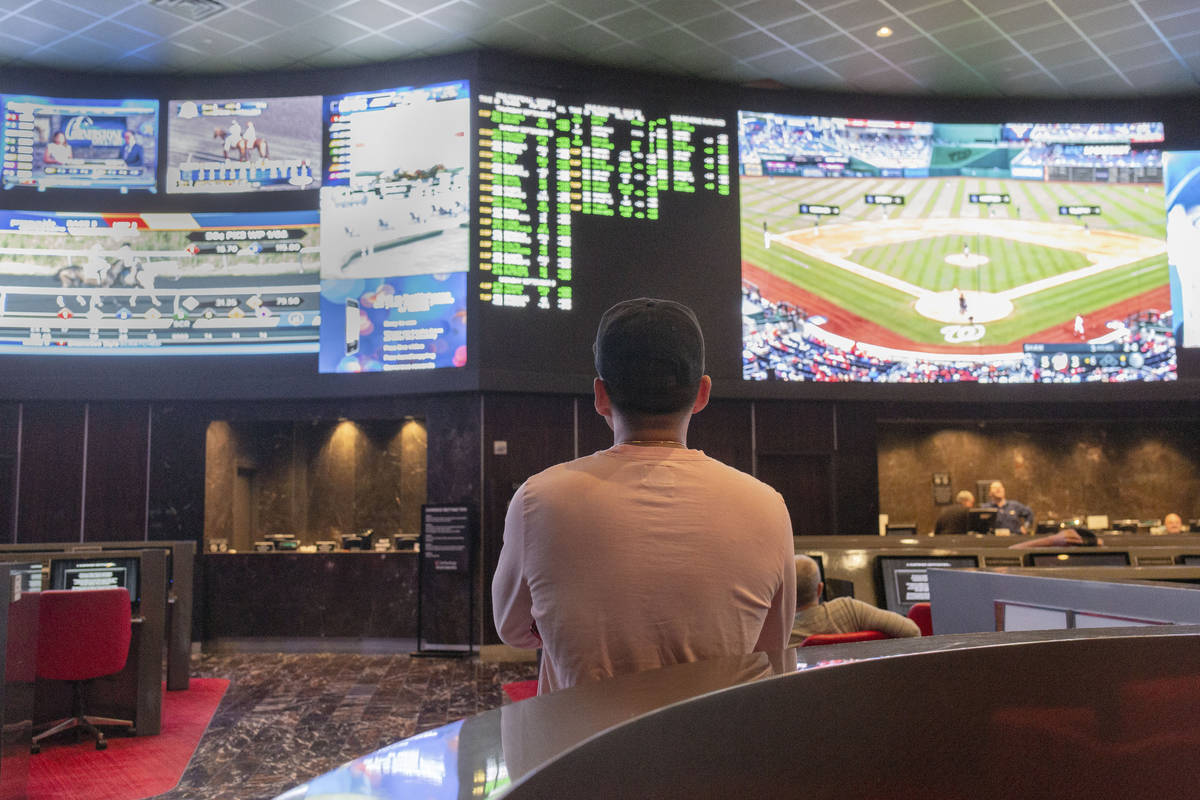Spread of legal sports betting helping to curb illegal wagers
The expansion of legalized sports betting across the U.S. is helping curb illegal wagers, according to a new report from the American Gaming Association.
Research from the AGA, which represents the $261 billion U.S. casino industry, found that average spending with illegal bookies in 2019 fell 25 percent in states that offered legal sports betting.
“We’ve known for a long time that Americans like to bet on sports. This research affirms their interest in moving toward the protections of the legal market,” AGA President and CEO Bill Miller said in a Tuesday news release. “Giving consumers convenient alternatives to the illegal market, like regulated mobile offerings and competitive odds, is key for getting bettors to switch to legal channels.”
The survey was conducted from December to January and includes interviews with nearly 3,500 American adults over 21.
According to the report, 25 percent of bettors said they shifted to the legal market because they had confidence their bets would be paid out. Twenty percent said they did so because they were made aware of legal options, and 19 percent said they had a desire to use a regulated book.
But not all bettors moved to legal channels; illegal offshore operators also saw a 3 percent increase in states with legal betting in 2019.
While a majority of bettors — 74 percent — said it is important to bet only through legal providers, 52 percent of sports bettors participated in the illegal market last year. Nearly half of illegal bettors said they would change their behavior after learning that their betting is illegal.
According to AGA’s findings, illegal sports betting is largely driven by confusion about online operators, with more than half of consumers who placed most of their wagers with illegal operators believing they did so legally.
Miller said illegal, offshore operators “continue to take advantage of unknowing consumers,” and this has only worsened during the pandemic-induced sports shutdown.
“Unregulated bookmakers (are) offering odds on everything from the weather and shark migration patterns to whether your friends’ marriage will survive the pandemic,” Miller said. “The AGA is focused on educating customers on how to wager legally and the dangers of the illegal market, especially with the return of the MLB and NBA this month.”
The AGA is offering an interactive sports betting map that includes a directory of licensed online and retail sportsbooks in legal states. It is also collaborating with federal and state law enforcement to make sure publishers and media platforms don’t promote illegal bookies, and to educate the public about the dangers of doing business with illegal operators.
As of July, 18 states and the District of Columbia offer legal, regulated sports betting. Four states are set to open legal markets in the coming months.
Contact Bailey Schulz at bschulz@reviewjournal.com or 702-383-0233. Follow @bailey_schulz on Twitter.


















